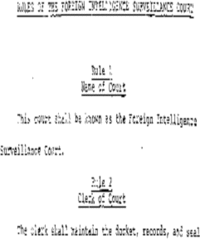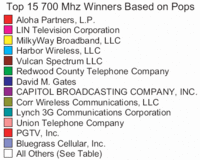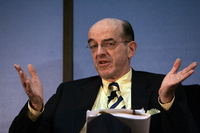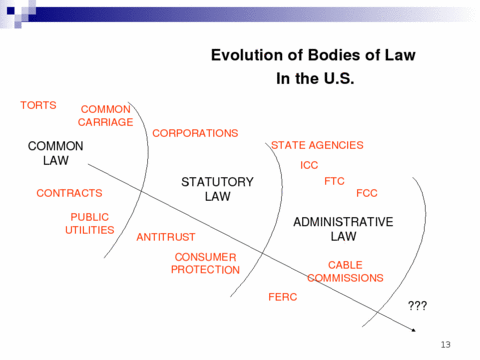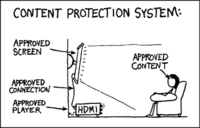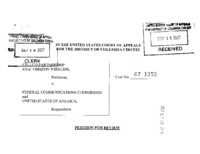 Just last week I was talking to somebody who used to work for the
Office for Technology Assessment, which was a bipartisan Congressional
research group that brought in various outside experts to help out.
She recognized me from various times I showed up.
Just last week I was talking to somebody who used to work for the
Office for Technology Assessment, which was a bipartisan Congressional
research group that brought in various outside experts to help out.
She recognized me from various times I showed up.
Serendipitously, Susan Crawford says “OTA: You Are Missed“.
Nearly a decade ago, Congress closed its Office of Technology Assessment. The president of the Federation of American Scientists, a former OTA employee, called the closing the “equivalent of a self-inflicted lobotomy.” Between 1974 and 1995 OTA produced 750 thorough reports about a wealth of scientific and technical studies.For example, such a group might have told Congress that current antitrust law isn’t well positioned to deal with problems of lack of competition since broadband was wrenched from one legal regime into another.Since then, the Congressional Research Service (thanks, CDT!) has been providing Congress with quick summaries of issues, but CRS doesn’t have the deep technical expertise that OTA did, or the resources to do sustained studies. The National Academies have the time and the resources, but they take too long and they have too many constituents to serve.
In re-writing the Telecom Act and jumping into having the FCC regulate the internet, it would be good to have a neutral, expert, bipartisan group advising Congress about the consequences of their actions.
-jsq
